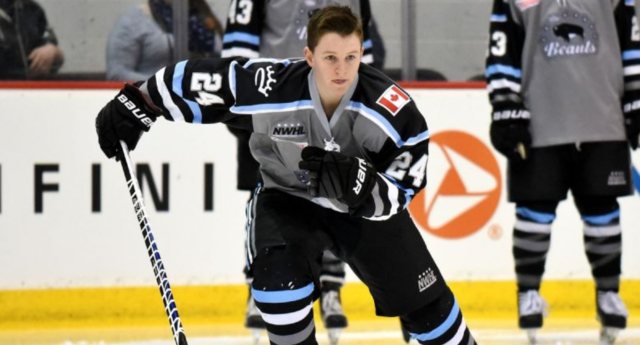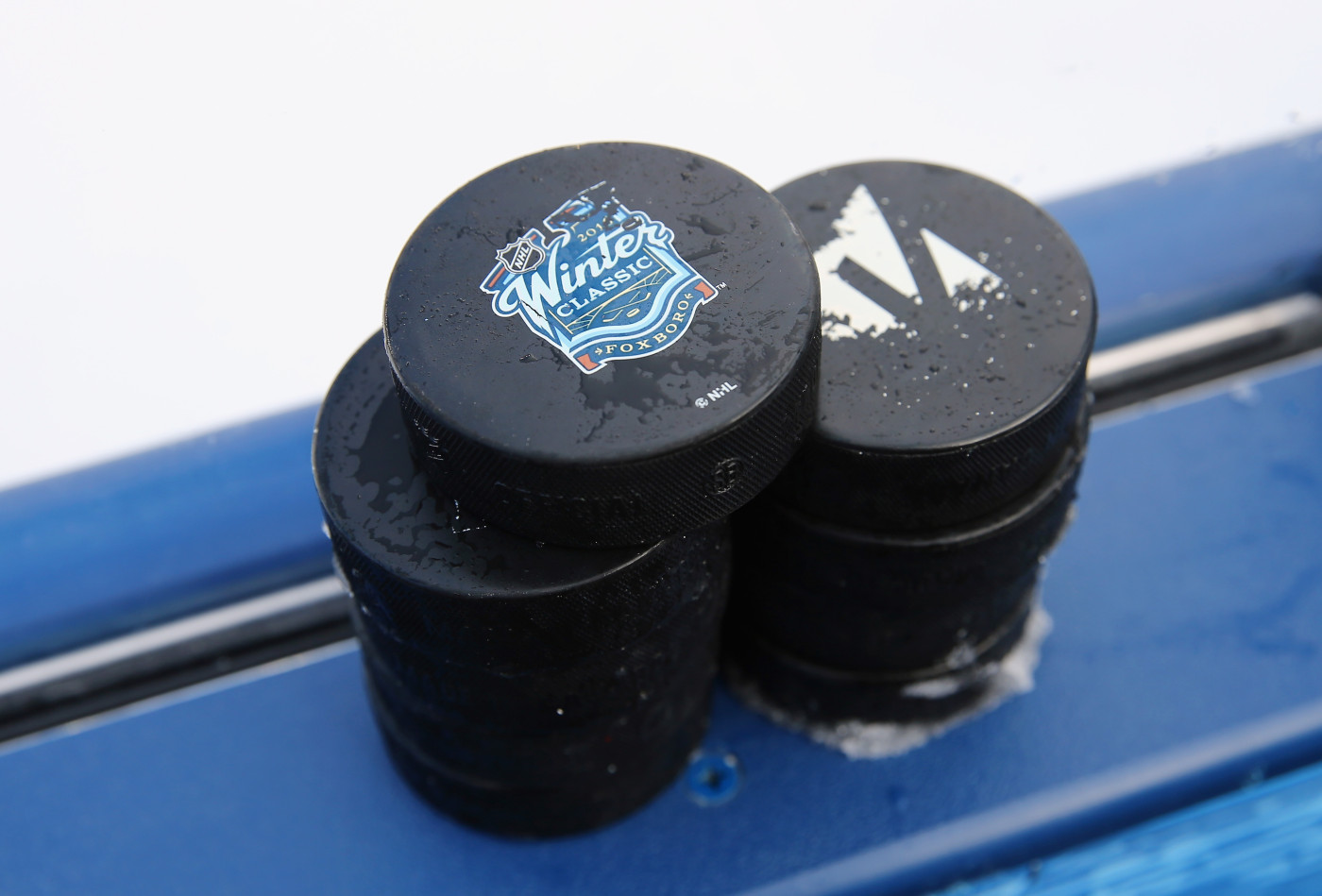Athletic Stars Call on UN States to Protect Sexual Orientation in Olympic Truce
 Today, 17 professional athletes came out against attempts by Egypt and Russia to thwart non-discrimination protections based on sexual orientation in the United Nations Olympic Truce Resolution. The letter, endorsed by respected athletes such as Billie Jean King, Greg Louganis and Martina Navratilova, is part of the #OlympicSpirit campaign spearheaded by OutRight Action International and Athlete Ally. It calls on countries to ensure that sexual orientation remains grounds of protection in the Olympic peace agreement.
Today, 17 professional athletes came out against attempts by Egypt and Russia to thwart non-discrimination protections based on sexual orientation in the United Nations Olympic Truce Resolution. The letter, endorsed by respected athletes such as Billie Jean King, Greg Louganis and Martina Navratilova, is part of the #OlympicSpirit campaign spearheaded by OutRight Action International and Athlete Ally. It calls on countries to ensure that sexual orientation remains grounds of protection in the Olympic peace agreement.
The Olympic Truce Resolution promotes civility among nations during the Olympics and the one week preceding and one week following the games. It is negotiated by all 193 United Nations Member States every two years. In 2015 it included, by unanimous consensus, a reference to Principle 6 of the Olympic Charter. Principle 6 prohibits discrimination on the basis of sexual orientation at the Olympic Games.
Breanna Stewart, 2016 US Olympic basketball competitor, commented on the situation, saying, “Sport and society thrive when we embrace the diversity of our world. The Olympic spirit is grounded in inclusion, fair play and solidarity, and the explicit mention of Principle 6 within the Olympic Truce Resolution sends a clear message that we take these values seriously.””
This year, the inclusion of Principle 6 has come under attack, with States, such as Egypt and Russia, trying to remove all reference to Principle 6 from the Olympic Truce. Both countries have openly persecuted and criminalized lesbian, gay, and bisexual people at home and exported their homophobic agenda to the United Nations.
The letter released today emphasizes that, “At a moment when oppressed communities around the world remain under attack, we can’t afford to turn our back on our most vulnerable communities. Explicit reference to Principle 6 in the Olympic Truce Resolution sends a strong signal of our community’s support of respect, inclusion and diversity — values sport holds inherently close. Afterall, regardless of where in the world we practice sport, the rules are the same and apply to everyone. They are based on our shared values.”
Layshia Clarendon, a WNBA basketball star, also voiced her opinion on the inclusion of Principle 6, stating, “Athletes and fans deserve the opportunity to enjoy the Olympic Movement free of the fear of discrimination, and should have the ability to live openly and authentically — regardless of sexual orientation. I believe sports performance happens at its highest level when one feels unburdened and free to focus on their games. The explicit mention of Principle 6 within the Olympic Truce Resolution sends a clear message that we take inclusion seriously.”
Luckily, with thanks to cross-regional support and pushback from key Member States, the efforts of Egypt and Russia have so far failed and Principle 6 still remains in the Truce. However, there is still time for Egypt and Russia to thwart a consensus and challenge the inclusion of Principle 6 in the Olympic Truce.
Hudson Taylor, Founder and Executive Director, Athlete Ally, commented, “We’re witnessing the greatest expansion of athletic activism in modern history — never before have we seen athletes speaking out so regularly for the protection and inclusion of the LGBTQ community. Today, the athletic community stands with its LGBTQ constituents and commits to not being sidelined in the fight for equality.”
Seventeen professional athletes have signed on to the letter and reject any opposition by Egypt and Russia, as well as any other State, that is attempting to undermine the spirit of the Olympics. OutRight Action International and Athlete Ally stand with all the athletes in calling for public support of States to include reference to Principle 6 in the Olympic Truce.
A vote on the Olympic Truce Resolution will be made Nov. 13.
Jessica Stern, Executive Director of OutRight Action International, concludes, “Egypt and Russia are invested in promoting discrimination at the Olympics, undermining the very spirit of the games. Thankfully, there are other States which recognize that there is no place for discrimination at the Olympics. Today, we hear clearly from these Olympians that the Games is a place for friendly competition, athleticism, and diversity, not a place for politics and divisiveness.”
The letter and signatories can be found here.


